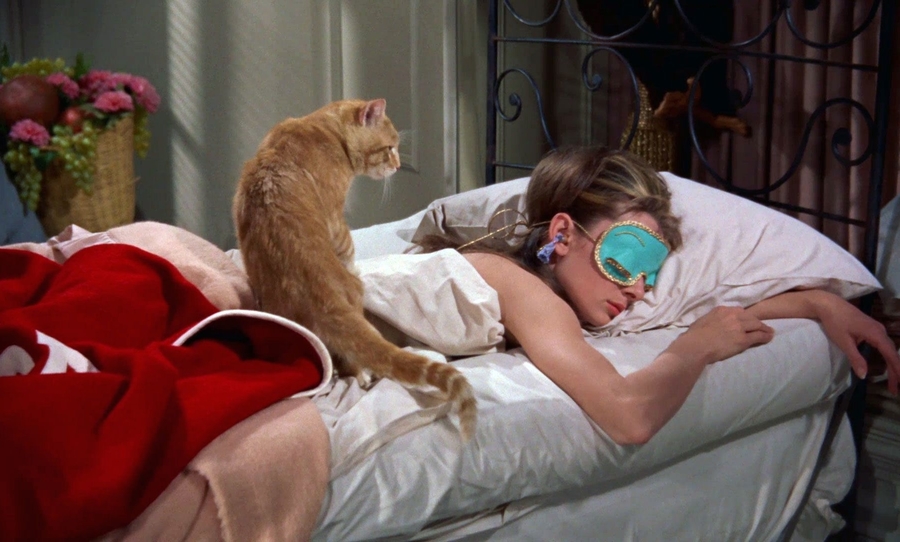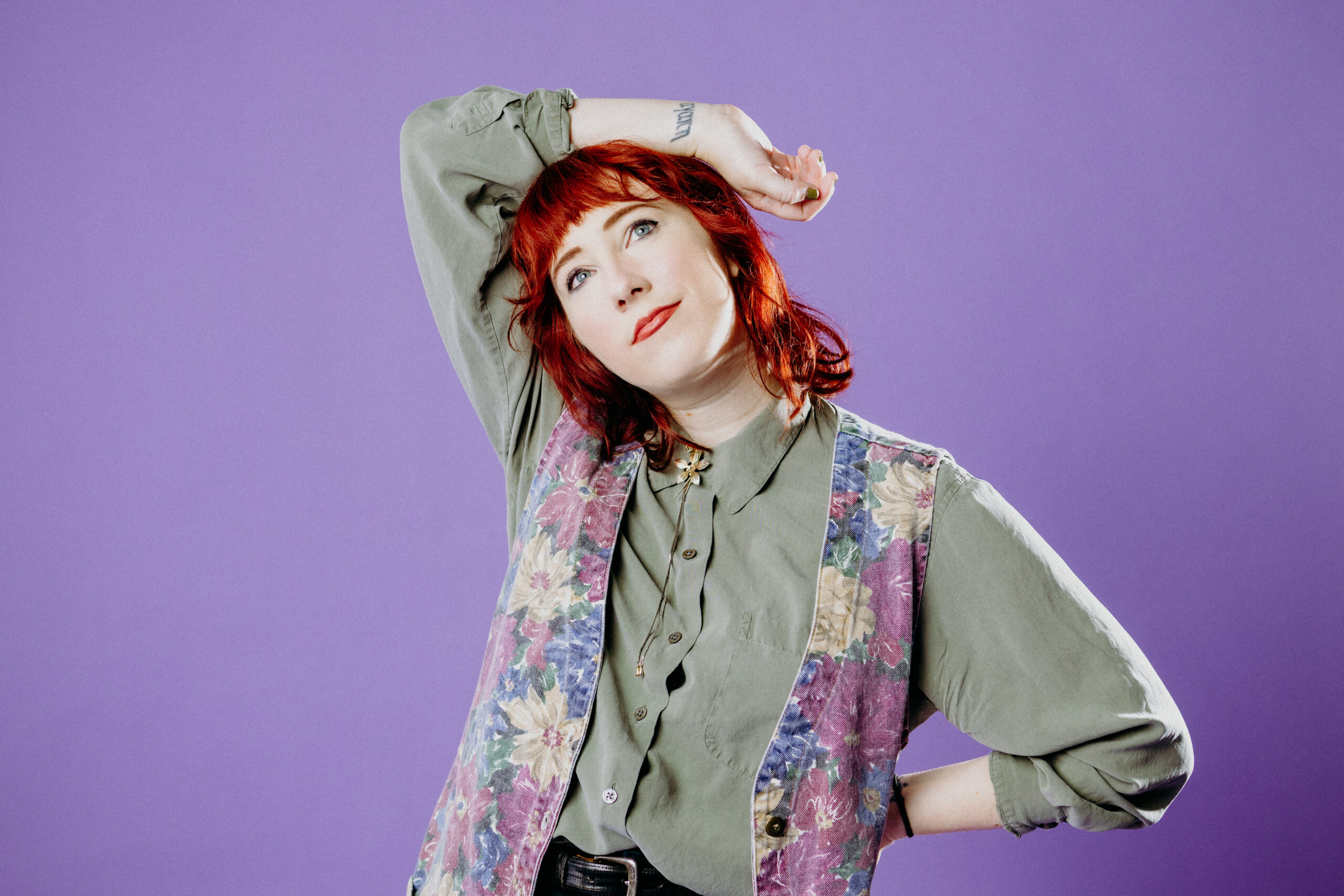If you’ve been having strange dreams during the coronavirus pandemic, you’re not alone.
Unfortunately, there’s no spooky reason behind it – that’s if you want to believe science, of course – but the widespread phenomenon comes down to a universal rise in stress levels, loss of routine, and increased drinking habits.

Pandemic dreams are officially a thing and people experiencing the phenomenon are having dreams more vivid, strange, and nightmarish than normal.
Experts have labelled the phenomenon of vivid, weird, and sometimes nightmarish dreams, “pandemic dreams.” People who have been experiencing them have even been taking to Twitter to share them under the hashtag, #pandemicdreams.
Sarah Schachner, a prominent video game composer, shared her dream of an Uber-hearse:
In my dream, I called an Uber, but a hearse showed up instead. Not liking these #pandemicdreams 🦠 🙅🏻♀️
— Sarah Schachner (@SarahSchachner) March 23, 2020
Another user shared a supermarket-themed nightmare which wasn’t too far from the reality:
I had a dream that I went grocery shopping, and the only thing I could find was a stick of butter. When I got out of the store, it fell out of my bag, and a lady stepped on it with a stiletto heel. Analyze that one! 😆😬 #coronavirusnightmare
— Lisa Devlin (@lisadevlin39) March 22, 2020
Whilst another felt the need to give away his puppy:
I dreamed that I gave our puppy, Butters, to the guys from They Might Be Giants who, in my dream, were a gay couple with an autistic daughter who adored the puppy. In my dream it was the right thing to do but I was worried my wife was going to be really mad at me when I woke up.
— Yamiche Alcindor stan account (Gary E. Walker) (@gewalker) April 1, 2020
Luckily, some people’s pandemic dreams haven’t been too nightmarish:
I dreamed last night that Paul McCartney came to my house and sung “Hey Jude” at a safe, social distance. He was so sweet I woke up crying. #pandemicdreams
— Kerra Bolton (@KerraBolton) March 29, 2020
Speaking on the phenomenon, Roxanne J Prichard, Professor of Neuroscience and Psychology at the University of St Thomas, Minnesota and scientific director for the Center for College Sleep, described to IFLScience:
“Stress can make it harder to get enough good quality sleep, and not getting enough good quality sleep in makes you experience stress more intensely.”
“It’s actually an evolutionary adaptation – you wouldn’t want to be completely out of it snoozing for 10 hours if you were in a war zone or area with a large number of nocturnal predators,” she continued.
Stress can have a double-whammy effect on sleep, firstly making it difficult to get to sleep, but also increasing the frequency of nightmares, causing us to wake up more in the middle of the night. In turn, this leads to increased dream recall, resulting in the pandemic dream phenomenon.
The increase of people losing sleep is actually worrying for experts because lack of sleep makes you more susceptible to getting sick, putting more people at risk of coronavirus. On top of that, nightmares which hang around in our mind the following day can have a negative impact on people’s mental health.
The Sleep Foundation have posted some guidelines for helping people sleep during the pandemic, including setting a specific sleep and wake time and taking time to wind-down before bed. This can include “light reading, stretching, and meditating along with preparations for bed like putting on pajamas and brushing your teeth.”
If you find you can’t sleep, get up and do something calming in low-light for a while before trying again. Also using electronic devices before bed is a no-no due to the blue light which interferes with “the body’s natural sleep-promoting processes.”
The foundation also suggests instituting routines throughout the day, including showering and dressing, even if you’re not going out. Even if you haven’t got much to do in a day, be sure to get out of bed and reserve it only for sleeping.



